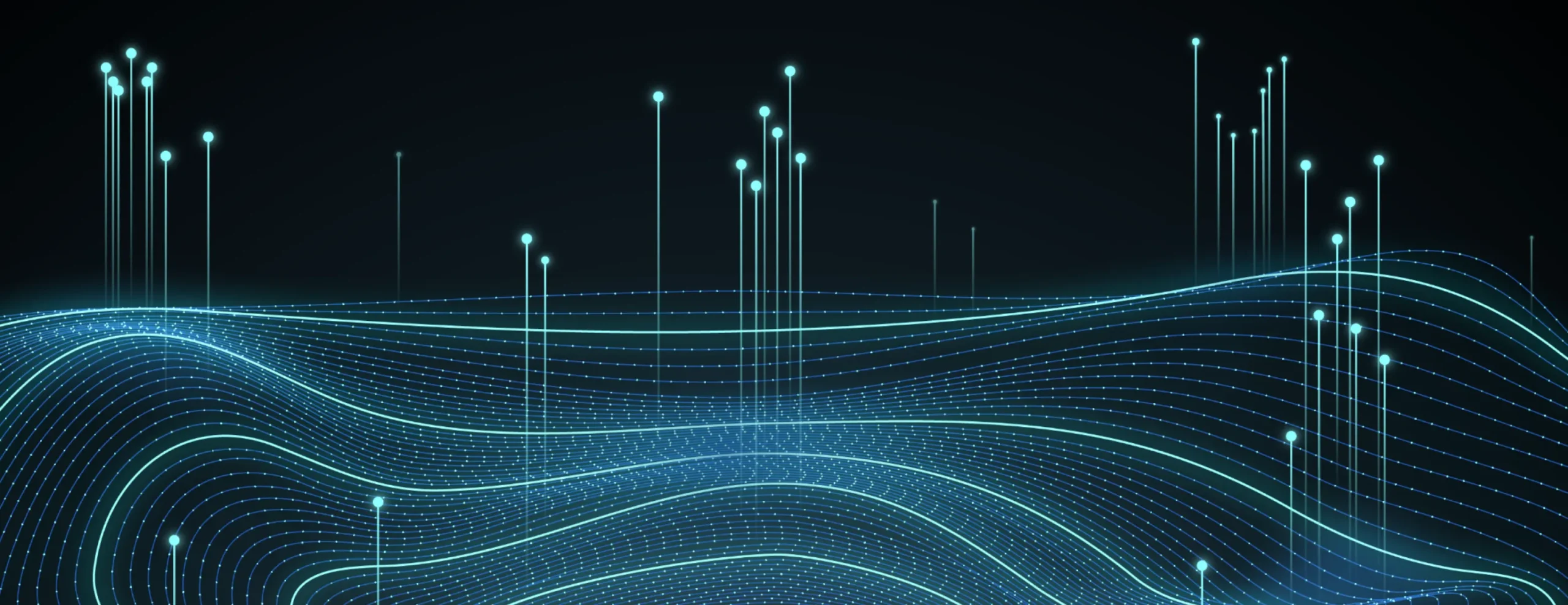Neuromarketing Laboratory of combined biometric sensors, measuring consumers emotional attitude towards various stimuli in a short period of time.
By integrating NeuroLab devices enabling to find out the level of emotional activity, which can help inform creative advertising, product development, pricing, and other marketing areas. Brain scanning, which measures neural activity, and physiological tracking, which measures eye movement and other proxies for that activity.








